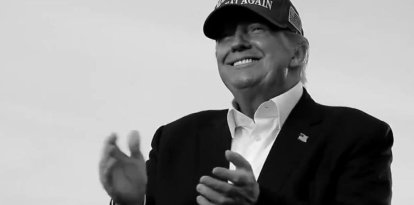Gallery: Books to celebrate the Fourth of July
At Voz Media, we offer a few good reads to learn more about the United States of America.
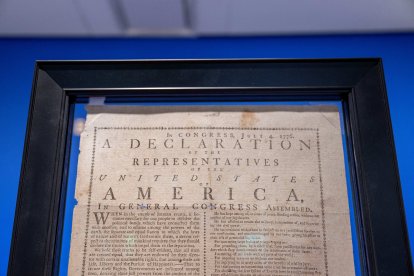
The Declaration of Independence
Below, at Voz Media, we propose some good reads especially suitable for Independence Day.
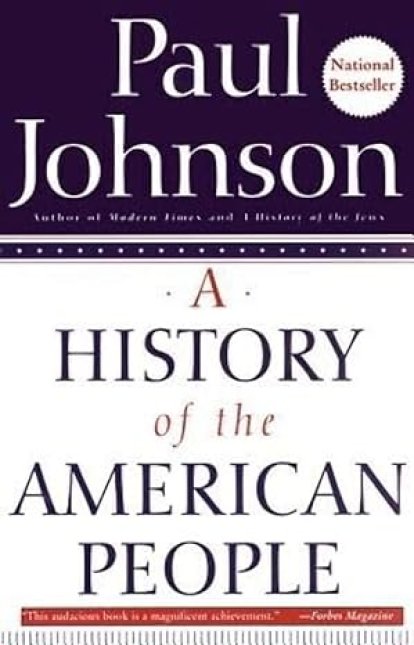
"A History of the American People"
Paul Johnson: 'A History of the American People,' Harper Collins, New York, 2009

"Estados Unidos contra Estados Unidos"
Alberto Benegas Lynch: 'Estados Unidos contra Estados Unidos,' Unión Editorial, Madrid, 2013
The decline of the country is that of the principles of freedom that inspired its Constitution. Those ideals have been replaced by others. The most notable consequence is the increase in the power of the federal government, the growing intervention in the lives of citizens and the emergence of otherwise less serious conflicts. The decline of the republican ideal goes hand in hand with the decline of liberties.
But this is not a hopeless and pessimistic book. As a man of ideas, Benegas Lynch cannot help but be optimistic.
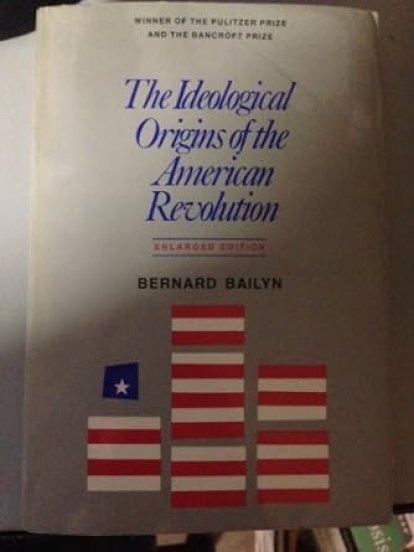
"The Ideological Origins of the American Revolution"
Bernard Baylin: 'The Ideological Origins of the American Revolution,' Harvard University Press, Cambridge, 1992
This union was made in the form of a confederation, and later with the current federal Constitution. What were the ideas that animated the rebellion? What were the ideas that led to drafting the Constitution most identified with the ideal of freedom?
Many have tried to explain it, but probably none has surpassed Bernard Baylin. This book won the Pulitzer Prize and the Bancroft Prize. It has the advantage that the exposition of ideas is very systematic. An alternative is "The Radicalism of American Revolution" by Gordon S. Wood (Vintage, New York, 1993).
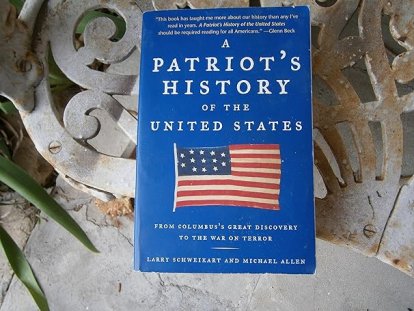
"A Patriot’s History of the United States"
Larry Schweikart and Michael Allen: 'A Patriot’s History of the United States,' Sentinel, New York, 2007
The authors make this clear in the opening pages, and the reading of the rest does not disappoint in this sense. None of this detracts from the value of this book, copious in information and rich in subtle and well-stated historical judgments.
In addition, Schweikart and Allen offer aspects of the country's history that have not been emphasized by many other authors, but which are important.
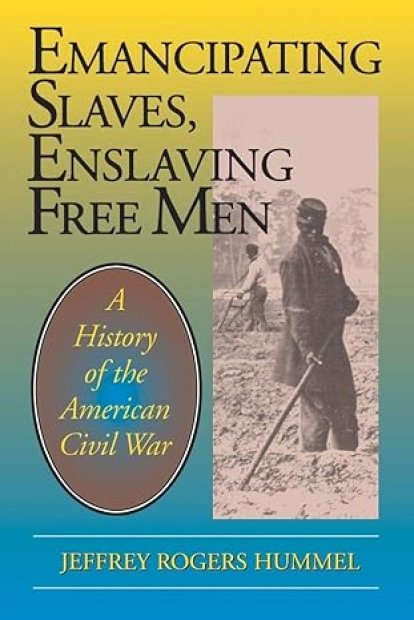
"Emancipating Slaves, Enslaving Free Men: A History of the American Civil War"
'Emancipating Slaves, Enslaving Free Men: A History of the American Civil War,' Jeffrey Rogers Hummel, Open Court, Chicago, 1996
A clear example is the American Civil War. Slavery, that "peculiar institution" that accompanied the first nine decades of the country's history, is one of the issues that led to the confrontation between North and South. But there were other elements as well.
There are hundreds of books dedicated to explaining this conflict, but very few are as good as this one. In just over 400 pages, it recounts not only the forces that led to the conflict, but the way in which the war profoundly transformed the country.
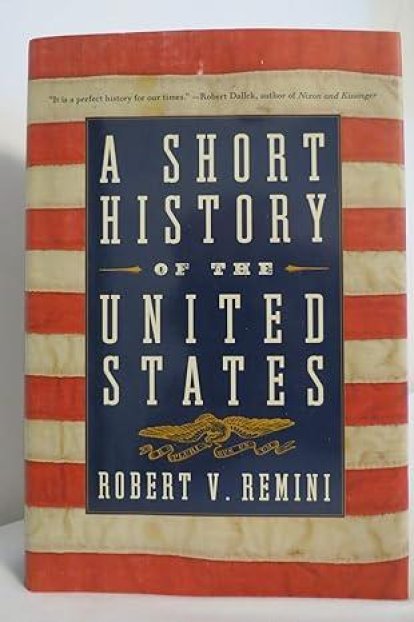
"A Short History of the United States"
'A Short History of the United States,' Robert V. Remini, Harper, New York 2008
Remini wrote this work with remarkable objectivity and sense of history. What the reader loses by not having that ideological interpretation of the past, he gains with the unbiased perspective. The relevant facts acquire the sense given to them by the historical figures in the book. Although his interpretation of the 20th century drops a notch above the 19th, it is still a great book to start with.
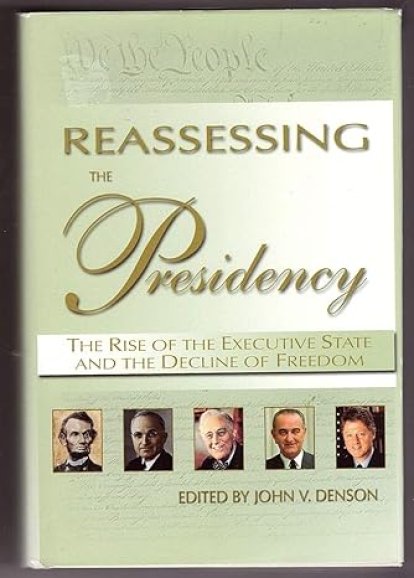
"Reassessing the Presidency : The Rise of the Executive State and the Decline of Freedom"
'Reassessing the Presidency: The Rise of the Executive State and the Decline of Freedom,' John V. Denson, Mises Institute, Auburn, 2001
Why? Because the book chooses very different criteria from usual lists. It does not look at the great conflicts, the major government programs, the aggrandizement of federal power. Instead, it looks at the ability of presidents to return power to the citizens. That is why Harding ranks first, and why Abraham Lincoln is last.
But this is no mere list in which the usual villains are the heroes and the usual heroes take the opposite place. This 800-page book contains several very careful, in-depth essays on the institution of the presidency.

"Banderas Lejanas: La Exploración, Conquista, y Defensa por España del Territorio de los Actuales Estados Unidos"
'Banderas Lejanas: La Exploración, Conquista, y Defensa por España del Territorio de los Actuales Estados Unidos, Fernando Martínez and Carlos Canales Torres, Edaf, Madrid, 2011
The dollar itself is Spanish. Long before the conquest of the West was done in English, it had been done in Spanish, with a presence of the language for almost 300 years, more time than has passed from the Declaration of Independence to the present.
This aspect of the country's history is largely unknown, but now is the time to learn.
RECOMMENDATION





